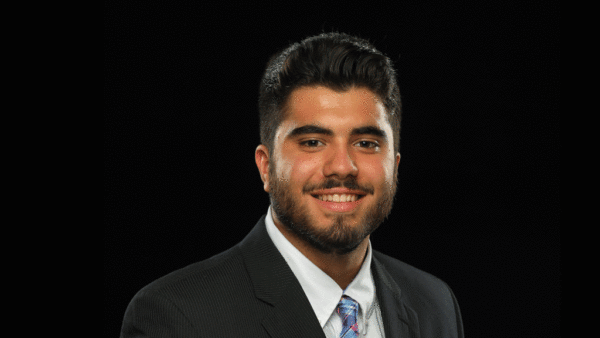Aside from taking the ACT, one of the most important things you need to do when applying for college is to file your FAFSA. Whether you are doing it for the first time or just need a refresher course, here’s some information that will help.
1. What is a FAFSA?
FAFSA stands for Free Application for Federal Student Aid. It is an online document in which you fill out personal financial information to help the government (and your prospective school) know what scholarships you qualify for.
2. What information do I need to complete a FAFSA?
There are a few documents that you will need in order to complete your form, and it’s best to have these prepared ahead of time.
Here’s what you need:
- Social Security Number
- Driver’s license or alternate ID
- Tax W-2 and 1040 forms
- List of universities you are interested in
The FAFSA is primarily concerned with your tax information. If you are a dependent, you will need access to your parent’s tax info—otherwise, you will use your own.
The form will also ask you to list what universities you want to send your information to. This is important because some scholarships come from the universities themselves and others come directly from the government. There is a section that will help you find your university’s code and will send your information directly to your school.
3. What is the deadline for filing the FAFSA?
You can file for the next school year as early as October 1 for the next academic year. Many schools have a priority deadline—such as March 1— for FAFSA submission. Submitting your application before this date ensures that you will be considered for all available aid. State federal aid may also have a FAFSA deadline, such as South Carolina’s June 30 deadline for consideration for the SC Tuition Grant.
The sooner you file, the more money will likely be available for scholarships. If you wait, other people may get that money before you do.
You need to file once a year. Renewal is generally easier than completing your first form. Just be sure to keep your records (taxes, FSA ID, etc.) on file to make it easier the second time around.
4. What if I am an international student? Do I still need to complete a FAFSA?
If you are an international student and a US Citizen or if your visa status qualifies you as an eligible non-citizen, you should submit a FAFSA. However, if you are unsure if your status would qualify you for federal aid, check with the financial aid office of the school you are considering before completing the FAFSA. The school may request separate income information for review for institutional aid.
5. How long does it take to complete a FAFSA?
Usually under an hour. If you gather your documents ahead of time, you will be able to complete it in 45 to 55 minutes.
Completing a FAFSA, if eligible, is the first step in the financial aid process. Once the FAFSA is received by a school, the information can be reviewed for federal, state and institutional aid. For an estimate of available aid, schools provide a net price calculator in the financial aid section of their website. Check out the BJU net price calculator to see what you would be eligible to receive at BJU.








